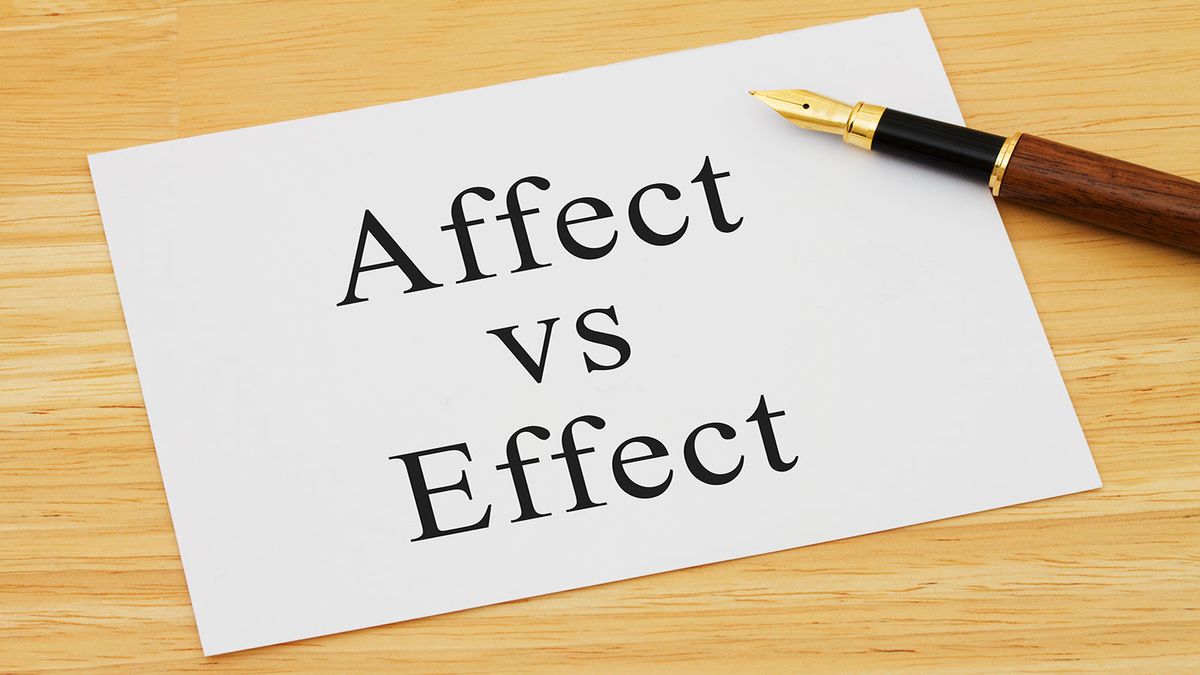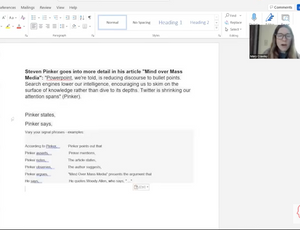The English language can be tricky at times, especially when it comes to words that are pronounced similarly or have similar meanings. One such pair of words that often confuses people is affect and effect.
These two words are often used interchangeably, even though they have very
different meanings. In this article, we'll take a closer look at the difference between affect and effect and how to use them correctly in your writing.
Affect vs Effect: Definitions
First, let's define these two words:
Affect (verb): To produce a change in something or someone; to influence or impact.
Effect (noun): A result or consequence of something; the impact or outcome of an action.
As you can see, affect is a verb that means to produce a change or influence, while effect is a noun that refers to the result or outcome of that change or influence. It's important to remember this difference in meaning when using these words, as using them incorrectly can result in confusion or ambiguity.
Examples of Affect and Effect
To better understand how to use affect and effect correctly, let's take a look at some examples:
In this sentence, the verb affect is used to describe the impact that the loud music had on the speaker's concentration. The loud music produced a change in the speaker's ability to concentrate.
In this sentence, the noun effect is used to describe the outcome or consequence of the loud music. The loud music resulted in a decrease in the speaker's ability to concentrate.
Common Mistakes with Affect vs Effect
Now that we've looked at some examples of affect and effect, let's discuss some common mistakes people make when using these words:
This is a common mistake that many people make. Remember, effect is a noun and cannot be used as a verb. For example, you should not say, "The loud music effected my concentration." The correct sentence would be, "The loud music affected my concentration."
Similarly, affect is a verb and cannot be used as a noun. For example, you should not say, "The affect of the loud music was a decrease in my concentration." The correct sentence would be, "The effect of the loud music was a decrease in my concentration."
Another common mistake is using affect when effect is the correct word. For example, you should not say, "The loud music had a big affect on my concentration." The correct sentence would be, "The loud music had a big effect on my concentration."
Tips for Using Affect and Effect Correctly
To avoid making these common mistakes, here are some tips for using affect and effect correctly:
Remember that affect is a verb that means to produce a change or influence, while effect is a noun that refers to the result or outcome of that change or influence.
Think about the context in which you're using affect or effect. If you're describing an action or change, use affect. If you're describing the result or outcome of that action or change, use effect.
To help you remember the difference between affect and effect, try using a mnemonic device. One common device is to remember that affect is an action (like a verb) and effect is an end result (like a noun).
Before submitting any written work, make sure to proofread it carefully to ensure you've used affect and effect correctly. If you're not sure, consult a dictionary or a trusted grammar resource.
Final Thoughts
In conclusion, affect and effect are two words that are often confused even though they have different meanings. Affect is a verb that means to produce a change or influence, while effect is a noun that refers to the result or outcome of that change or influence. By keeping these definitions in mind and following the tips above, you can avoid making common mistakes and use affect and effect correctly in your writing.






